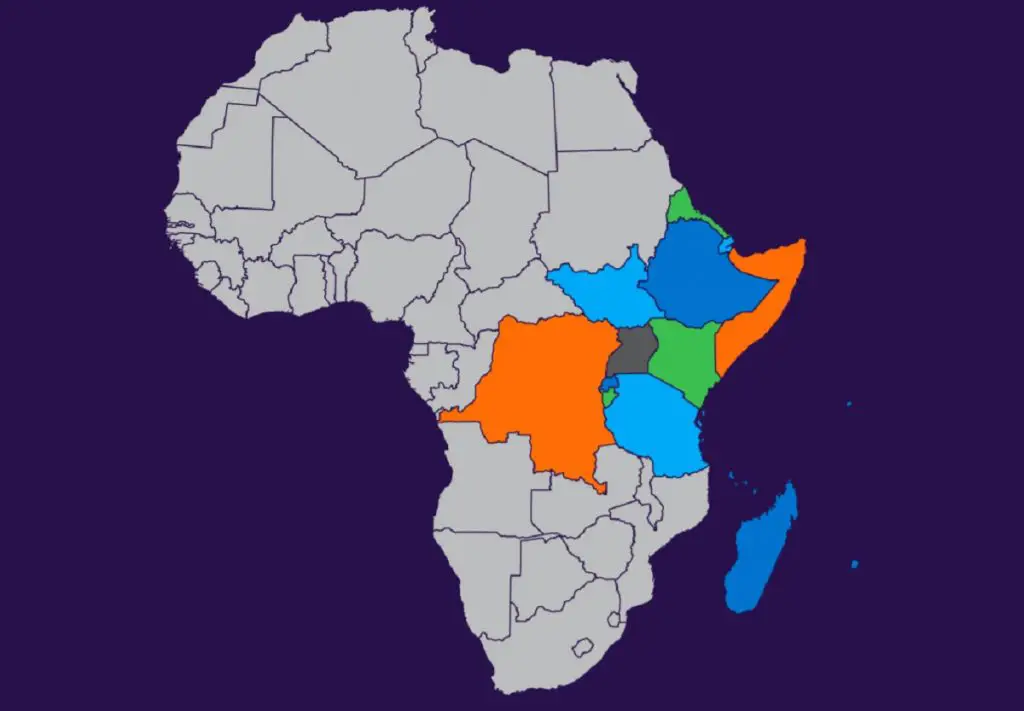With the African Continental Free Trade Area (AfCFTA) coming to maturity, Africa is getting closer to its implementation potentially unlocking hitherto unknown economic opportunities.
Many challenges remain on the continent that is fragmented by many barriers including cultural, trade and consumption tendencies all of which have hindered or slowed down Africa’s economic growth.
To address the trade disparities occasioned by pricing, the United Nations Economic Commission for Africa (ECA) has launched a first-of-its-kind continental tool offering a unique view of price variations in African countries, regional economic communities and at the continental level.
Read: EAC a bright spot amidst emerging market gloom
With the tool’s launch, Africans can access data that can help them compare prices and which enables easier conduct of business.
To make this a success, it will be crucial for governments to actively play a role in ensuring that national statistics offices and national revenue authorities provide timely, accurate and up-to-date data on the platform.
Songwe said that lack of price data denies countries the ability to monitor, analyse and manage economies through informed policy decisions “often leading to civil unrests” because when prices of things like food, oil, and energy go up, “people take to the streets.”
The initiative intends, therefore, to bring the prices and exchange rates of all African countries into one platform that’s readily accessible to citizens, decision-makers and other stakeholders. The platform will involve monthly, quarterly and annual analyses of inflation.
Ghana’s Vice President, Mahamudu Bawumia, stated that “this one-stop-shop for finding data” will go a long way to “increase ECA’s relevance in Africa.”
“We need data on price movements to gauge how changes in consumer prices alone may be affecting the trends in income distribution, poverty levels and inequalities, including especially among those who live on retirement incomes,” said Bawumia.
He pointed out that “as we open the doors to continental free trade, price level data will enable cross-country comparisons and understanding of regional markets and the competitiveness of producers across Africa.”
Read: Tool tackling trade barriers taking AfCFTA to the next level
He also urged African governments to invest in ICT infrastructure and digital data collection tools which will create the backbone for the tool.
Cameroon’s Minister of Economy, Planning and Regional Development, Alamine Ousmane Mey, said that this compilation of data means integrating Africa which will create a better Africa economically.
South Africa’s Minister of Finance, Tito Titus Mboweni, said that with such a tool, timely and reliable data on prices and movements of goods and services will enable them know if they are having macroeconomic convergence or divergence.
Since the Covid-19 outbreak in Wuhan, China in December 2019, many economies in Africa have suffered price shocks as commodity prices skyrocketed while in some cases, the supply chains were completely cut off.
With such a tool, governments and stakeholders can track market behaviour and predict citizens’ capacity to purchase necessities even in lockdown scenarios.
To propel trade, it is crucial that African countries cooperate to ensure that commodity prices are available and trackable. With the price watching tool, it is a step in the right direction where buyers and sellers can easily plan their transactions based on the available prices.
In addition, the centralized pricing system will come in handy in cutting out middlemen who usually lead to increased commodity prices due to their extra charges.
In 2018, ECA’s African Trade Policy Centre (ATPC) started rolling out tools for monitoring the AfCFTA through a Country Business Index.
ECA developed the index with the aim of measuring AfCFTA impact in a way that generates value for private sector operators.
